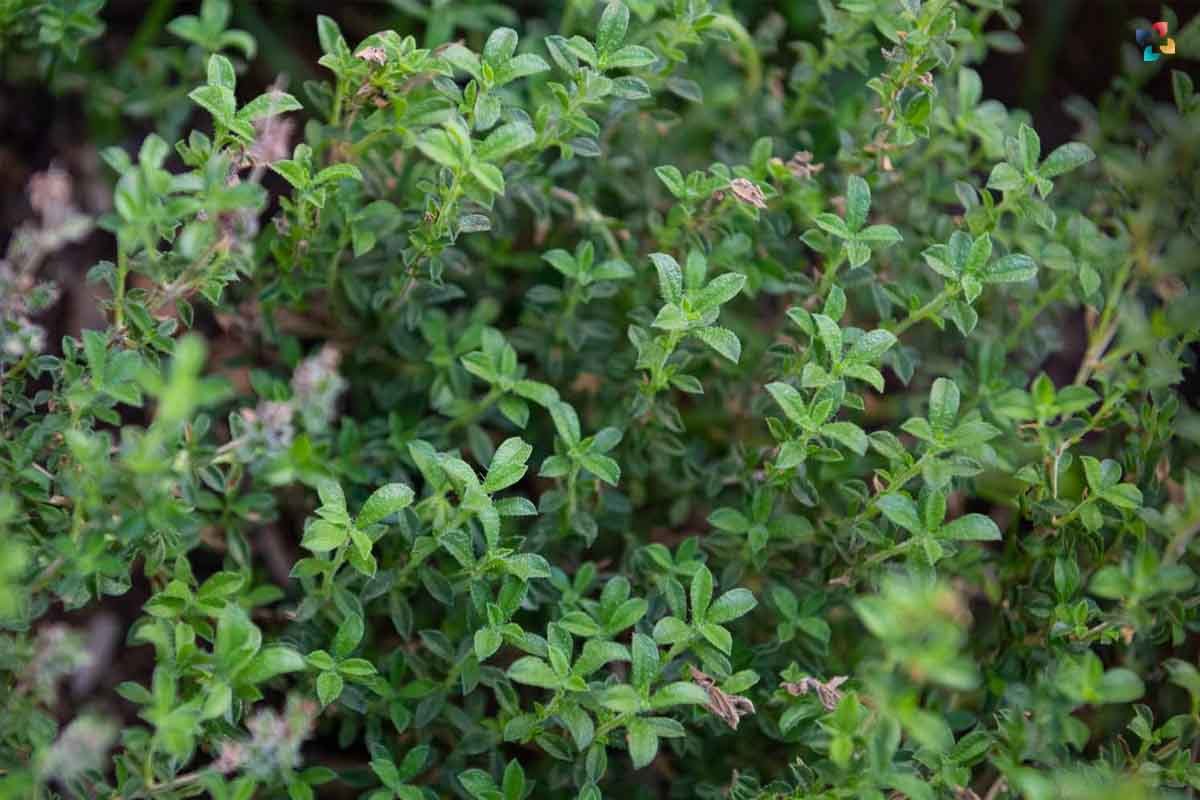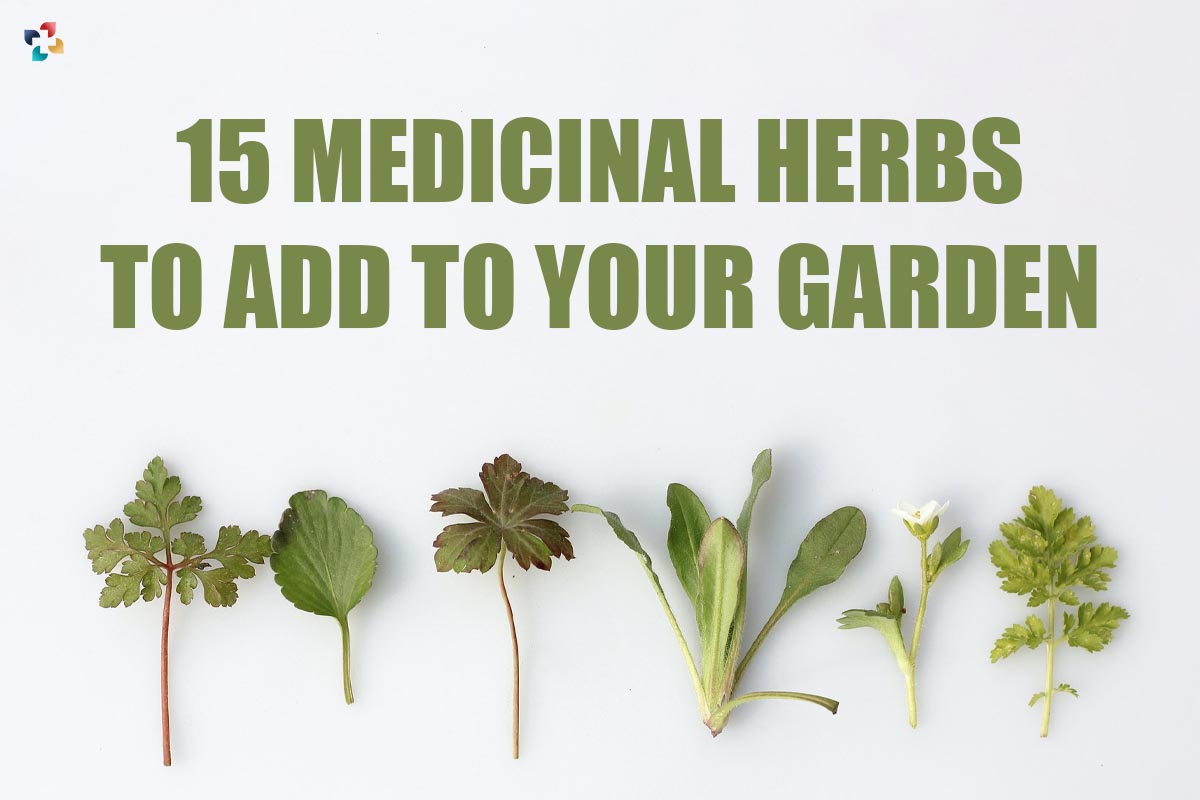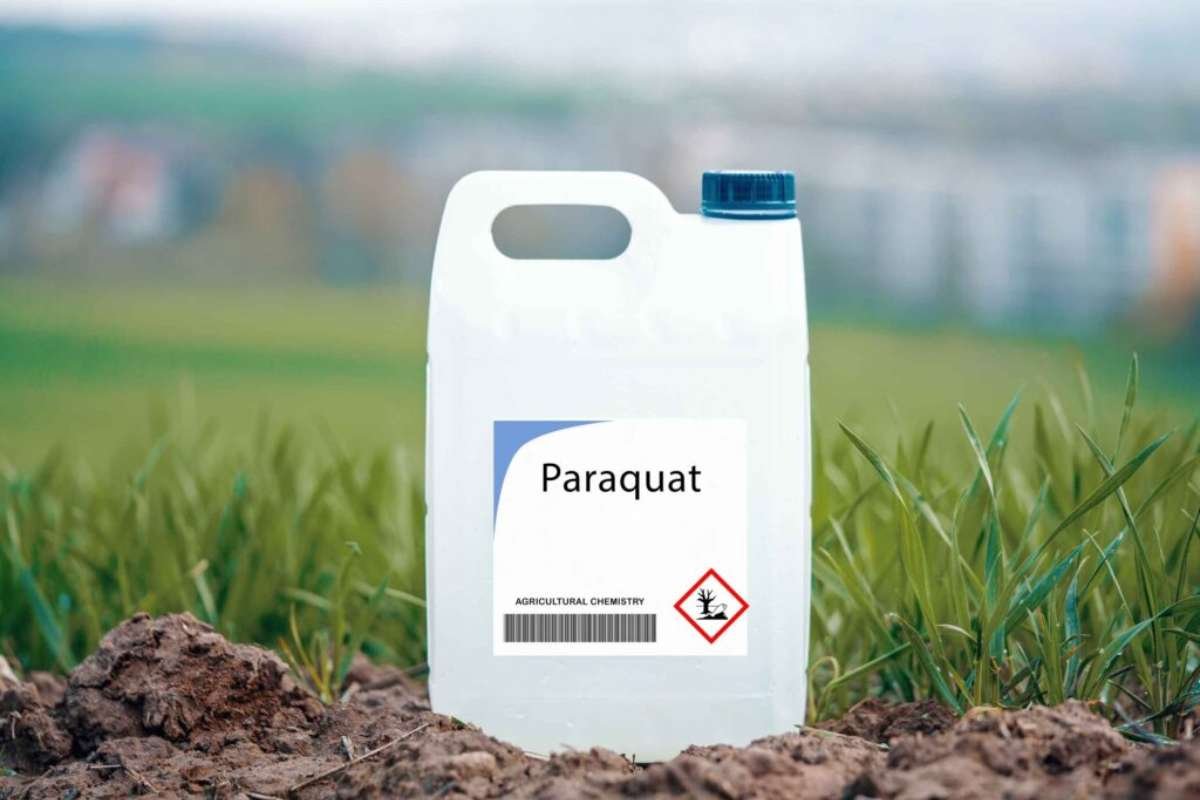Looking to cultivate a natural remedy garden? Consider these medicinal herbs to add to your garden. Medicinal Herbs are the foundation of great, delectable cuisine. Food would be dull and uninteresting without them. But have you considered all of the fantastic health advantages that they may provide? People have used medicinal plants to treat diseases for millennia. Even if there are chemical replacements available today, several of the most popular garden greens have long been used for medicinal purposes.
Medicinal Herbs are a ready-made medicine cabinet that you can cultivate in the smallest area – even if you don’t have an outside garden. They can heal headaches and soothe anxieties. Check out our selection of the most potent Medicinal Herbs to add to your Garden to help you and your family stay healthy.
Here are 15 Medicinal Herbs to add to your Garden:
1. Oregano (Origanum vulgare)
Medicinal Herbs to add to your Garden such as oregano, which is a member of the mint family, come in a variety of flavors. The delectable plant is often used in Italian and Greek recipes. It’s a traditional addition to pasta or pizza sauce.
Oregano has antimicrobial characteristics and may be used to treat a variety of gastrointestinal problems. It also has anti-inflammatory properties.
The name is taken from the Greek words for mountain and joy, which is a fitting description if we’ve ever heard one.
2. Chamomile (Matricaria chamomilla)
Culinary and Medicinal Use: Chamomile, a bright, tiny Medicinal Herbs to add to your Garden, is most typically used to create herbal tea, but it also adds a sweet, flowery note to sweets and salads.

As a medicinal herb, chamomile has anti-inflammatory effects and can be taken as a tablet or applied directly to the skin to treat a variety of conditions, including eczema and gastrointestinal problems.
However, it’s important to note that applying chamomile topically may cause skin problems in some people, so it’s recommended to do a skin test before use. Like oregano, chamomile is a versatile Medicinal Herb that can be used for both culinary and medicinal purposes.
3. Peppermint (Mentha × piperita)
Peppermint is a versatile medicinal plant in the mint family that is delicious in both sweet and savory meals. It’s very simple to cultivate and has a strong taste. Peppermint tea is delicious.
Peppermint is an excellent herb for relieving stomach pain. Whether I have a cold or a moderate headache, I find peppermint essential oil to be really beneficial. Peppermint seems to be just as helpful as over-the-counter pain relievers in treating some forms of headache discomfort.
A little-known truth is that peppermint is a cross between watermint and spearmint.
4. Bay Laurel (Laurus nobilis)
Bay leaf is a popular Medicinal Herb in French cookery and adds a lot of flavor to a range of meals. This is available in dried leaf form, but it’s also delicious and fresh.
Because of its anti-bacterial and anti-fungal characteristics, bay laurel is a beneficial and versatile medicinal plant for treating a variety of disorders ranging from joint discomfort to skin problems.
Unknown fact: Bay contains sedative characteristics, so avoid it if you’re going into surgery.
5. Rosemary (Rosmarinus officinalis)
Rosemary’s powerful scent and taste make it an excellent complement to meat meals. It complements hog, chicken, lamb, and steak.
- Medical Use: It is very effective as an anti-microbial and anti-inflammatory medicinal plant when applied directly to the skin.
Some studies show that rosemary may help prevent neurological diseases that impact memory, such as Alzheimer’s. Unfortunately, I will not get the advantages since it is my least favorite Medicinal Herb!
6. Garlic (Allium sativum)
Garlic is the queen of savory foods and a culinary staple in most homes. Nothing compares to the strong, spicy flavor of it.
- Medical Use: Eat garlic if you want to gain a host of health advantages, including an immune system boost and assistance in regulating body processes such as blood pressure.
Fermented garlic is known as black garlic, and I feel it is much more wonderful than ordinary garlic!
7. Parsley (Petroselinum crispum)
Almost everyone has used curly or flat-leafed versions of this plant as a garnish. Nevertheless, don’t merely use parsley to garnish food. It has a strong, fresh flavor that goes well with spring soups.
- Medical Use: There is some evidence that this plant may be used as a diuretic. Parsley was formerly used to heal anything from skin blemishes to cancer.
Pregnant women should avoid consuming big amounts of parsley.
8. Savoury (Satureja)

- Culinary Use: A lesser-known Medicinal Herb, you may cook with both the winter and summer forms of savory. It has a smell similar to thyme, however, the taste varies according to the type.
- Medical Use: It may be used to calm the throat and cure other digestive system disorders.
- Unknown fact: The winter form of this plant was originally considered to lower libido.
9. Basil (Ocimum basilicum)
- Culinary Use: Perhaps one of the most well-known Medicinal Herbs. Friends often ask me for tips on how to keep their basil alive. The Mediterranean herb is wonderful in pesto or as a fresh pizza topping. There are several basil kinds, each with its own distinct taste.
- Medical Use: While research is limited, some people believe that basil might aid with gastrointestinal problems.
Basil is also known as Saint Joseph’s Wort, not to be confused with Saint John’s Wort.
10. Thyme (Thymus vulgaris)
- Culinary Use: While milder than other therapeutic Medicinal Herbs, thyme adds a delightful taste to a variety of meals. It goes well with a wide variety of meals and tastes great fresh or dry.
- Medicinal Use: This herb contains anti-bacterial and insect-repellent qualities.
Thyme was formerly used in lieu of current embalming fluid, a little-known fact.
11. Ginger (Zingiber officinale)
- Culinary Use: While technically this is a spice rather than a Medicinal Herb, it is extensively used in cuisine across the globe. Fresh or dried ginger is wonderful in a range of cuisines ranging from Indian to Thai.
Ginger is often used in Chinese herbal treatments to alleviate stomach issues. It works wonders for nausea.
Uncommon Knowledge: Ginger may interfere with blood thinner medications.
12. Bergamot (Monarda fistulosa)
- Culinary Use: This odd tiny blossom is often used as a component in tea. Bergamot has a subtle citrus scent and its leaves and blooms may be eaten.
Bergamot may be used medicinally to relieve headaches and upset stomachs. Native Americans used it to treat the common cold.
Bergamot, commonly known as bee-balm, attracts not just bees but also hummingbirds.
13. Lavender (Lavandula)
Lavender is more than just a gorgeous face. You may assume it’s just good for bouquets and scenting soaps and other bath goods. On the contrary. Lavender, of which there are over 40 species, may also be used in cooking. Lavender enhances the taste of honey and may also be used to flavor pastries. Lavender tea is also often consumed.
- Medical Use: This medicinal plant may be used as an antibacterial and to treat sleep disorders.
In French, lavender is termed lavender, which is a verb that means “to wash.”
14. Dill (Anethum graveolens)
- Culinary Use: This herb goes great with fish, and who hasn’t tried a dill pickle?
Dill may be used medicinally to alleviate stomach disorders.

Dill is connected to the carrot family, which is a little-known fact. When you compare the feathery tips of both plants, it’s hardly surprising. They have a striking resemblance!
15. Sage (Salvia officinalis)
This hardy perennial is often used to spice chicken meals and as a garnish.
- Medical Use: This medicinal plant is used to treat scratchy, sore throats.
Sage is also known as Salvia, however, not all types are used for culinary purposes. Dalmatian sage, often known as garden sage, is the kind most commonly produced for culinary use.
Read More: Manage Diabetes with Aromatic Herbs, Juicy Fruits, and Refreshing Spices
Conclusion:
By reading this article, one thing you must have realized is that a garden is not only a decorative place. A neatly-developed and maintained garden can provide many benefits you would enjoy. We hope this blog with “15 Medicinal Herbs to Add to your Garden” will help you maximize these benefits and live a healthier life. Harness the power of nature’s medicine cabinet by cultivating these medicinal herbs to add to your Garden. For more informational and interesting content, keep visiting www.thelifesciencesmagazine.com.







